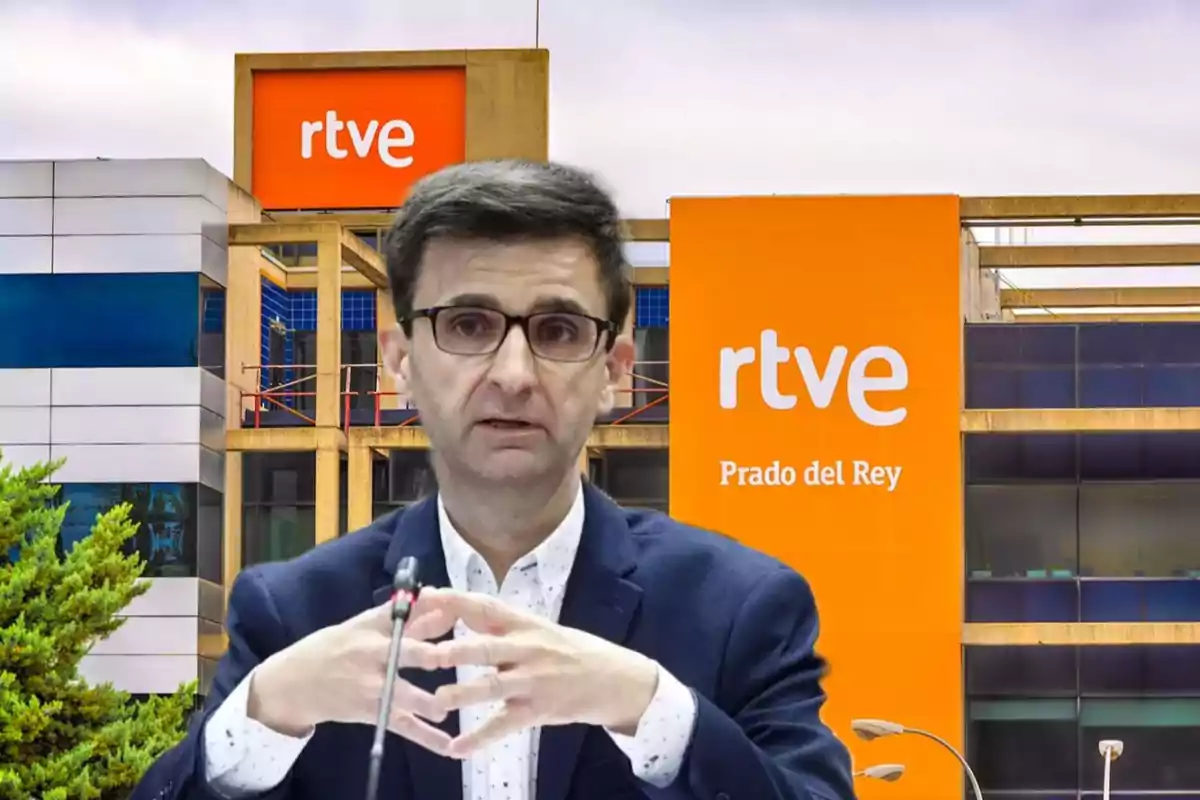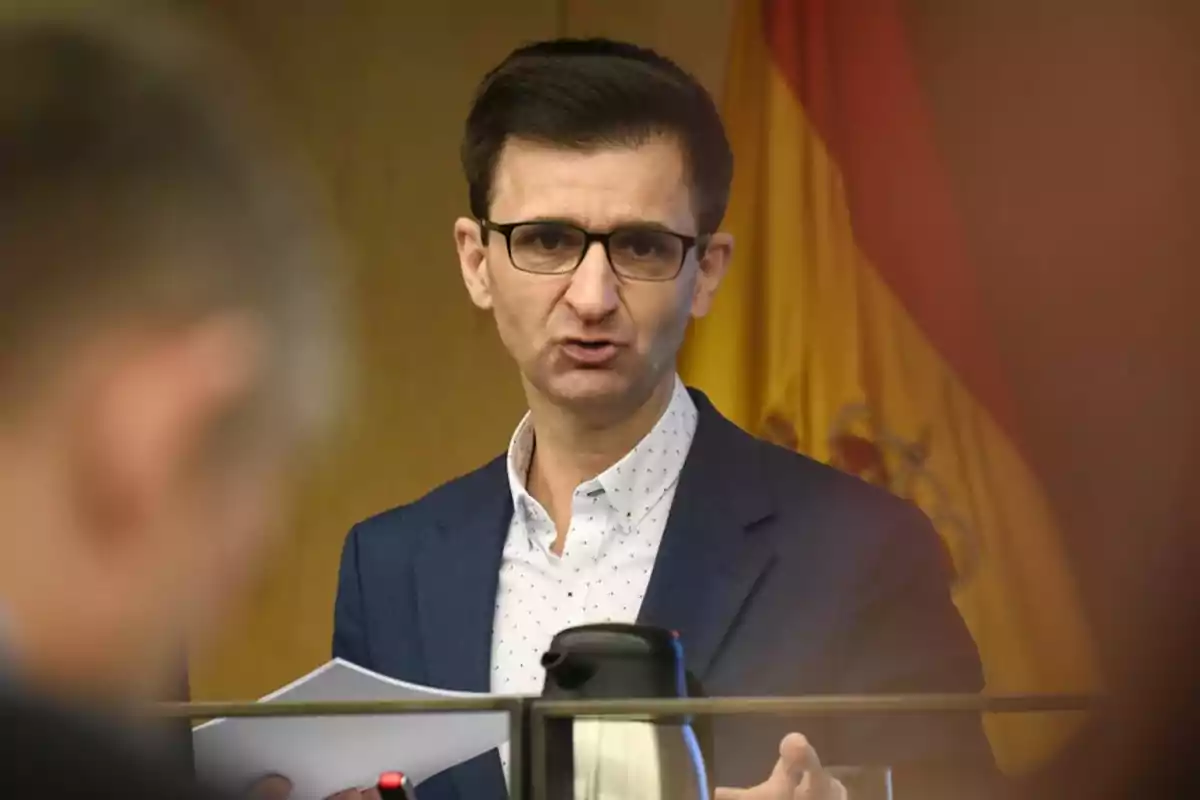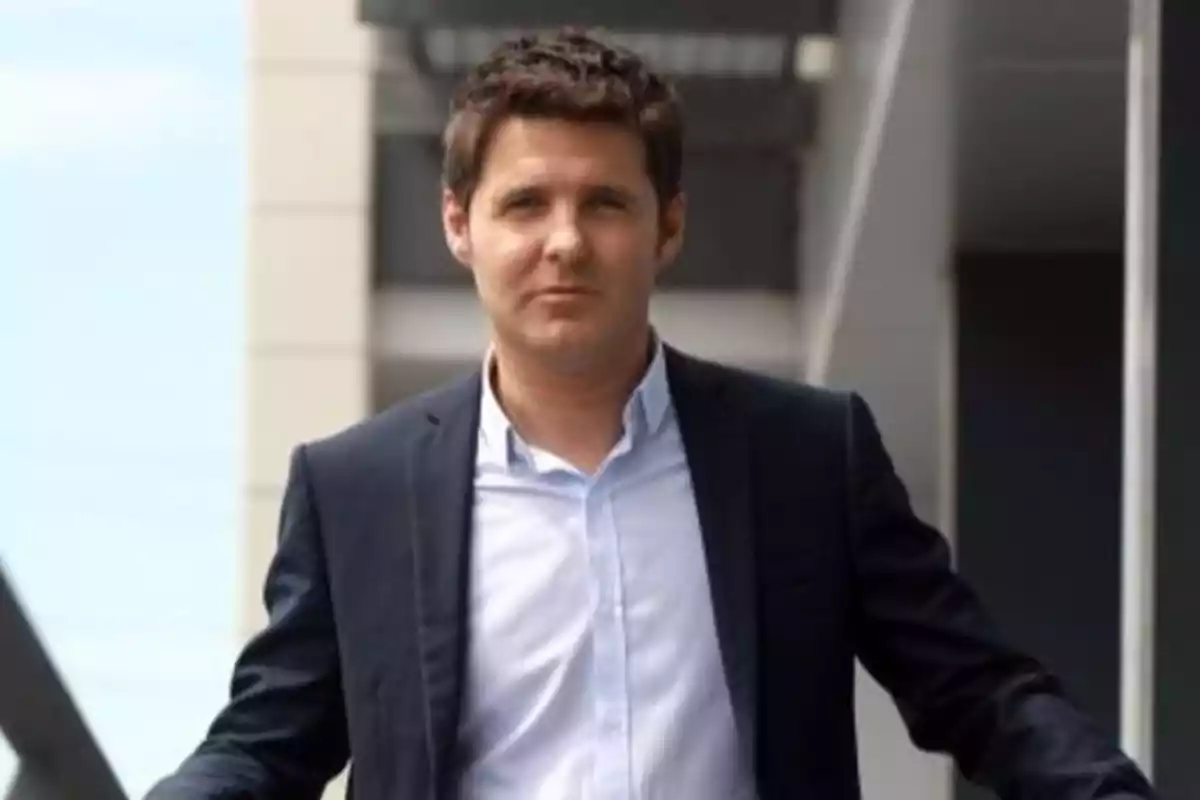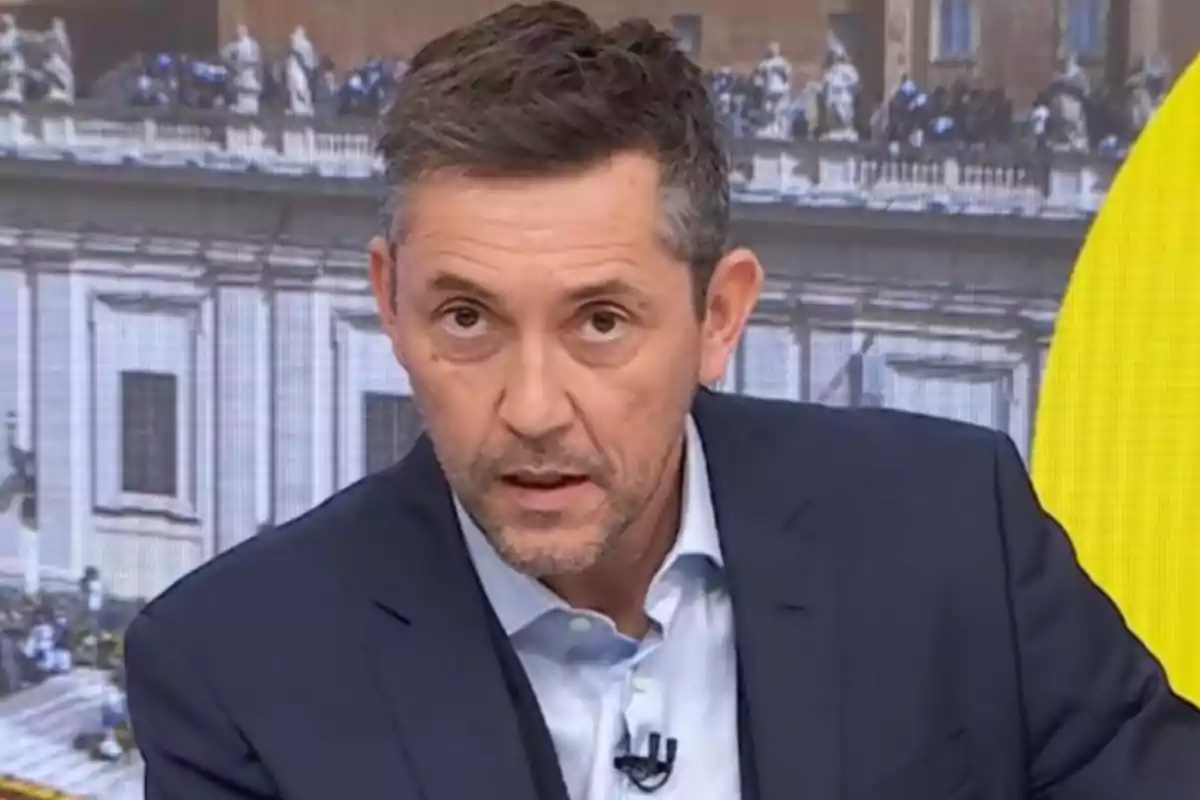
Controversy at RTVE: JP López triples political coverage after PSOE scandal
RTVE's President Pampers 'Mañaneros 360' and 'Malas Lenguas' to Counter the Political Content of Private TV
Public television has fully entered the political and media battle. Under the presidency of José Pablo López, RTVE has tripled its political content offering in recent weeks on both La 1 and La 2.
It is doing so at a particularly delicate moment for the Government. PSOE has been tainted by various scandals that have eroded its public image. This television maneuver has raised suspicions both inside and outside the public Corporation. Suspicions are growing about a possible "attempt to mediate the pressure facing the Executive in the media".
Until last April, political analysis on RTVE was mainly limited to the morning slot with "La hora de La 1" and the national news block of the "Telediarios." These segments added up to just under 3 hours per day (4.8 h) of politics from Monday to Friday. However, since this political scandal came to light, the programming has radically changed.

Currently, there are nine hours per day (14.5 h) dedicated to political content. It is true that the audience is responding enthusiastically to the new content. "Mañaneros 360" has improved by about 4 points after the inclusion of a major roundtable. "Malas lenguas" is boosting the numbers for La 2.
"Mañaneros 360" devotes about three hours per day (4.8 h) to political roundtables. The same team is in charge of Saturday's prime time with another roundtable, "360." Meanwhile, "Malas lenguas" has grown exponentially: it airs during the midday slot on La 1 and in the afternoons on La 2.
This move seems aimed at competing directly with Atresmedia and Mediaset formats. The political debate shows on private channels have been setting trends and attracting loyal audiences.
Shows like "Al rojo vivo" or "Todo es mentira" have consolidated a model that RTVE is now trying to replicate. Internal sources confirm that "there is a clear interest in strengthening the political block as a strategic pillar" of the daily programming on La 1.
Leading this strategy is José Pablo López, who has directly driven this transformation. López, with a background in Madrid's regional television and Trece, has promoted these projects. Some voices point to Moncloa advisor José Miguel Contreras in the design of these. They highlight the "influence" of former Government vice president and RTVE panelist Pablo Iglesias in the hiring of Jesús Cintora.

This direction has caused deep discontent in some sectors of the public channel. Especially in the TVE News Council, the body responsible for ensuring the independence and informational quality of the content.
In a recent statement, this body has been especially critical of "Malas Lenguas." This externally produced program is accused of "lack of informational rigor."
"The TVE News Council categorically rejects that news events of special significance that have occurred in recent hours are conveyed to the audience through an externally produced program: 'Malas lenguas.' Once again, we have found a lack of informational rigor in the content offered." This body believes that TVE's news services should be responsible for national current affairs content. As established by the RTVE law and the Framework Mandate.
The criticism is not limited to the format. The latest example has been the handling of the broadcast of the documentary "7291," focused on the so-called shame protocols applied by the Government of the Community of Madrid.
Ruiz And Cintora Return To Political Roundtables After Their Traumatic End On Cuatro
Javier Ruiz and Jesús Cintora have become leading figures in the political roundtables promoted by public television. Both have experience in private media after their successes on "Las Mañanas de Cuatro." The second was removed from the program in 2015 after pressure from Mariano Rajoy's Government. The second was left without a program in 2018 to the delight of La Sexta. At that time, a kind of quasi-political monopoly was left, which has now been shattered by TVE.
Cintora and Ruiz enjoy strong acceptance among an audience that, according to data provided by Kantar Media, is responding with very positive numbers. Supporters of this approach argue that public television can't stay out of the political debate. In times of polarization, it must offer plural spaces where issues that matter to citizens are analyzed.
However, for the News Council, the problem is not the presence of debate. It is the way it is produced and who controls the rundowns and the selection of analysts and interviewees.

Meanwhile, José Pablo López keeps firm in his commitment. Those around him believe that some of the criticism is due to external pressures. They point directly to "PP and private television channels." They accuse these of "trying to influence RTVE's editorial line through internal control bodies and some digital newspapers."
More posts: